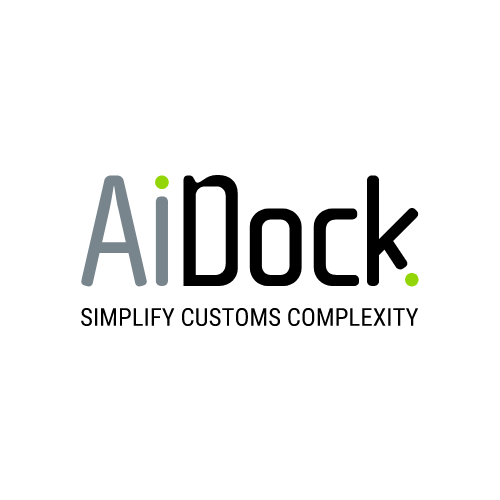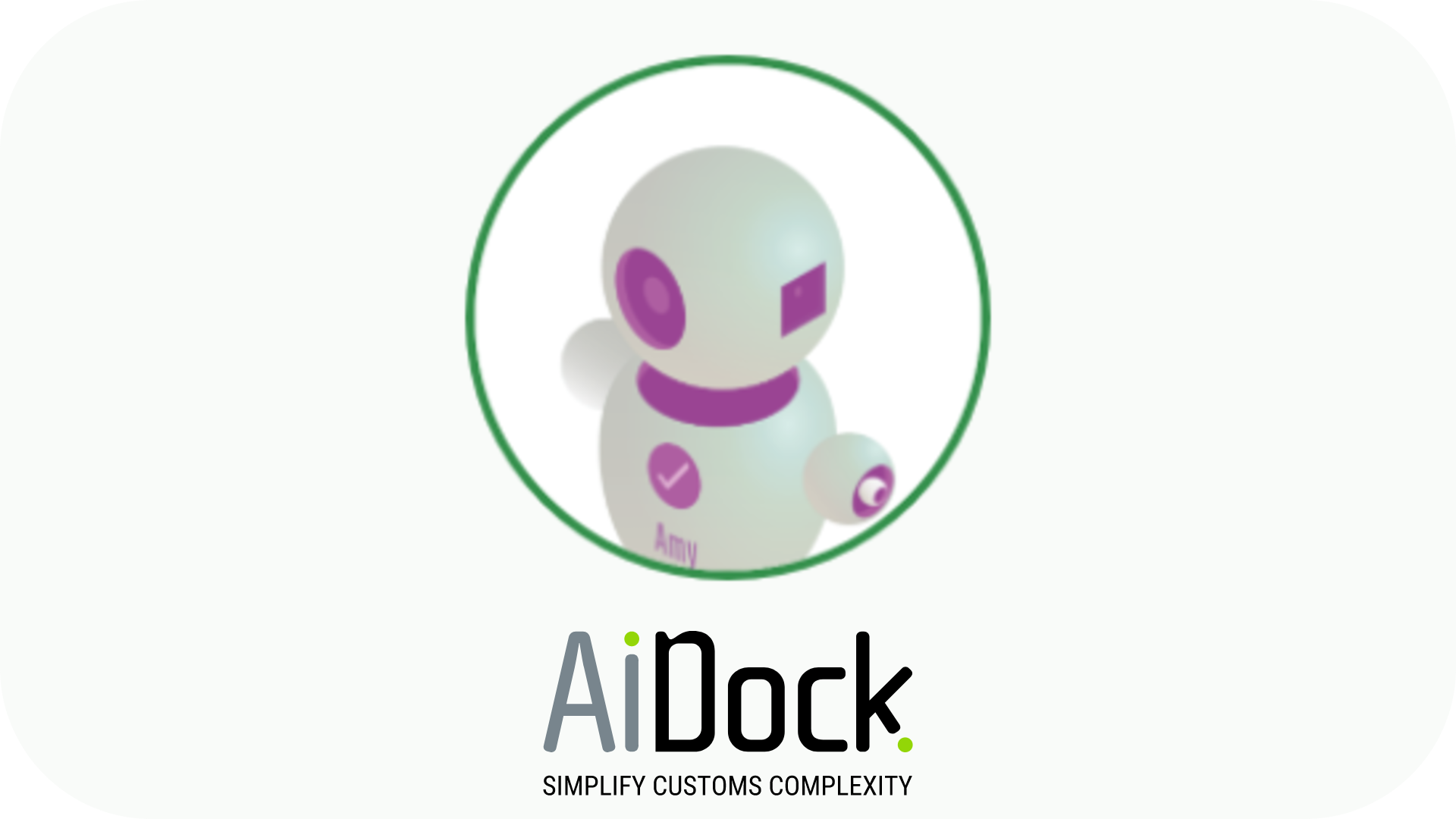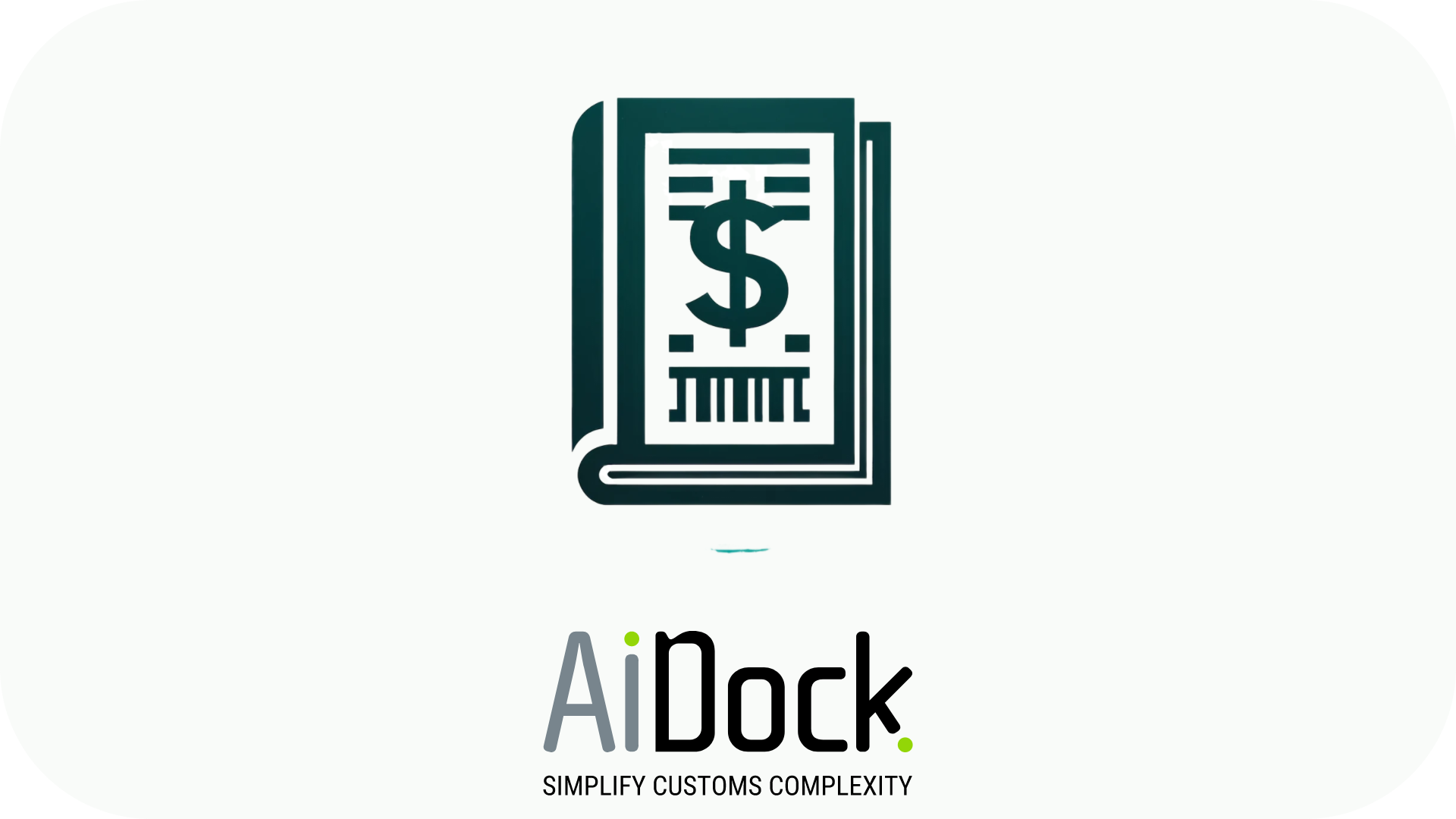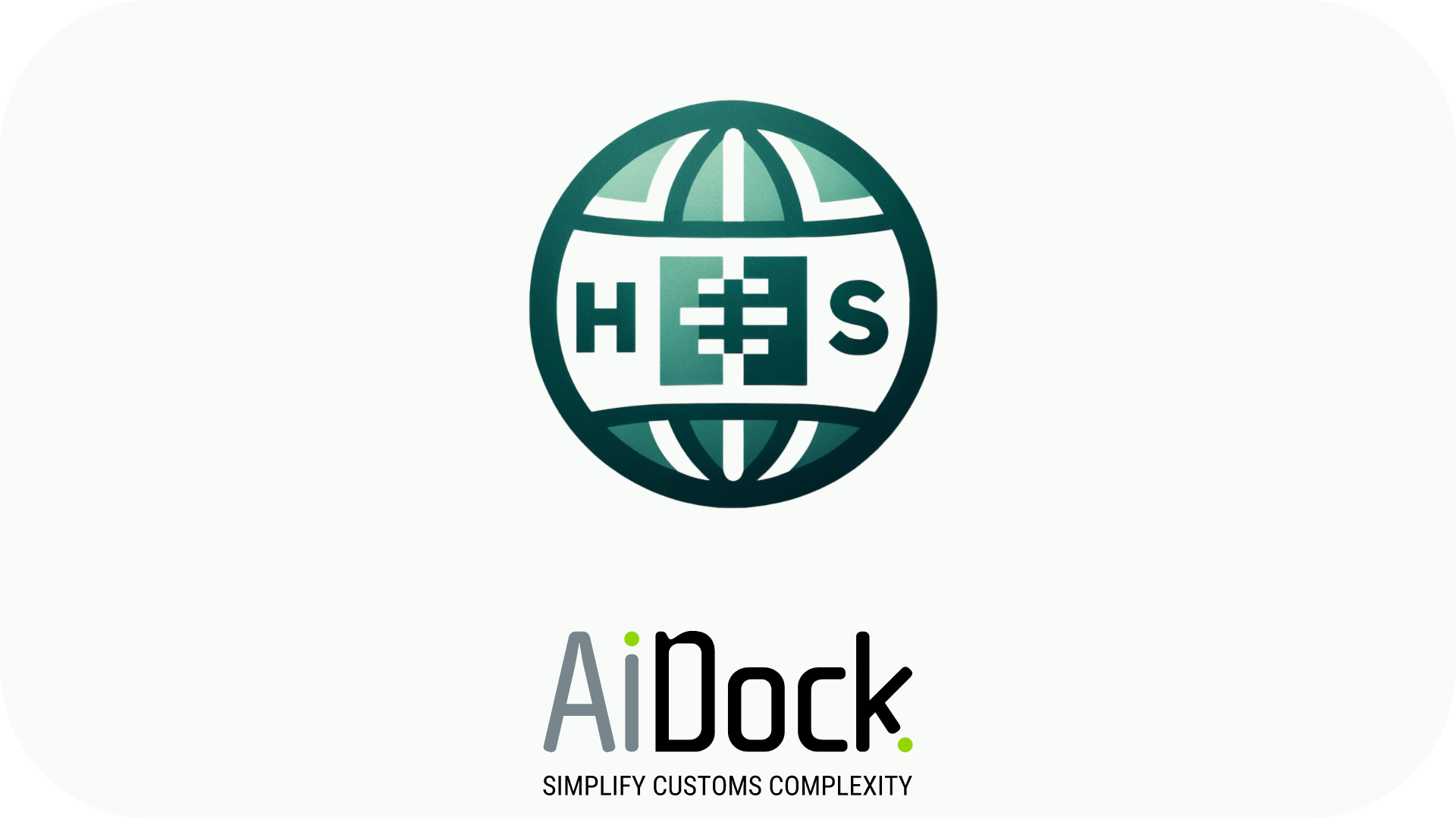Despite technological advancements, many organizations still rely on manual customs management, leading to hidden costs that can significantly impact operational efficiency and bottom lines.
The Price of Tradition: Unveiling Hidden Costs
Employee Time: A Scarce Resource
The most immediate and apparent cost of manual customs processes is the significant employee time required. Each shipment’s paperwork demands thorough review and processing, consuming hours that could be allocated to more strategic tasks. This is not merely about the time spent but also the opportunity cost—the loss of potential gains from other activities employees could be undertaking.
Rework: The Costly Consequence of Error
Manual processes are inherently prone to error, from data entry mistakes to misinterpreting regulations. Each mistake necessitates rework, involving additional hours and sometimes even financial penalties. These errors and their corrections delay shipments, affecting customer satisfaction and trust.
Compliance Risks: A Hidden Financial Minefield
Customs regulations are notoriously complex and ever-changing. Staying compliant manually is a challenging, risky endeavor. Non-compliance can result in hefty fines, legal issues, and damage to reputation. Organizations often need to pay more attention to the financial and operational risks until they face sanctions or legal challenges.
Inefficiency and Scalability Issues
Manual customs processes could be more efficient and scale better with business growth. As volume increases, the workload and potential for errors multiply, creating a bottleneck that can hinder expansion and responsiveness in the fast-paced global market.
AiDock: Transforming Customs Management with AI
AiDock presents a cutting-edge solution to the antiquated problem of manual customs management. By leveraging artificial intelligence and machine learning, AiDock streamlines and automates customs processes, directly addressing the hidden costs.
Reducing Employee Time and Enhancing Productivity
AiDock’s platform automates data entry and document processing, freeing valuable employee time. By reallocating human resources to more strategic tasks, companies can enhance productivity and focus on growth initiatives rather than administrative burdens.
Minimizing Rework Through Precision
AI algorithms are designed to learn and adapt, significantly reducing the likelihood of errors compared to manual processes. AiDock’s technology ensures high accuracy in data handling and compliance, minimizing the need for rework and accelerating the customs clearance process.
Ensuring Compliance and Mitigating Risks
AiDock stays abreast of the latest regulations, offering real-time updates and compliance checks. This proactive approach to compliance significantly reduces the risk of fines and legal complications, safeguarding the organization’s reputation and financial health.
Scaling with Your Business
AiDock’s solutions are inherently scalable and designed to accommodate the ebb and flow of global trade volumes. This flexibility allows businesses to expand without the logistical nightmares associated with manual processes, ensuring efficiency and responsiveness are maintained.
The hidden costs of manual customs processes—employee time, rework, compliance risks, and inefficiency—can no longer be overlooked in today’s competitive global market. AiDock offers a transformative solution, harnessing the power of AI to streamline customs management. By reducing these hidden costs, AiDock enhances operational efficiency and positions businesses for sustainable growth and success in the international arena. As we move forward, embracing technologies like AiDock’s is not just an option but a necessity for staying competitive and agile in the dynamic world of global trade.
FAQ
How does manual customs processing affect employee productivity?
Manual customs processing significantly affects employee productivity by consuming a disproportionate amount of time on paperwork and data entry, which could otherwise be spent on more strategic and value-adding activities. This not only slows down operations but also introduces a higher risk of burnout and decreased job satisfaction among staff, as they are bogged down with repetitive and non-stimulating tasks.
What are some of the risks associated with manual customs compliance?
Manual customs compliance is fraught with risks, primarily due to the complex and ever-changing nature of international trade regulations. Companies face a high risk of non-compliance, which can result in severe penalties, including fines, legal issues, and damage to reputation. The lack of real-time updates and the human error factor in manual processes exacerbate these compliance risks, making it a significant concern for businesses involved in global trade.
How does AiDock’s AI-powered solution mitigate the hidden costs of manual customs processes?
AiDock’s AI-powered solution addresses the hidden costs of manual customs processes by automating data entry and document processing, thereby reducing the time employees spend on these tasks. It minimizes errors and the need for rework through its high-accuracy algorithms, ensures compliance by keeping up-to-date with the latest regulations, and scales with the business, avoiding the inefficiency and scalability issues associated with manual processes. Overall, AiDock enhances operational efficiency, reduces risks, and supports business growth by streamlining customs management.
AiDock
Let Us Improve Your Customs
Our AI technology can assist with automating import and export paperwork-related tasks. This can significantly reduce the workload and improve results for courier companies, freight forwarders, postal services, and customs authorities. By utilizing advanced machine learning algorithms, AiDock’s AI assistants are capable of labeling documents, extracting information from them, providing accurate HS codes, and streamlining the customs clearance process.
